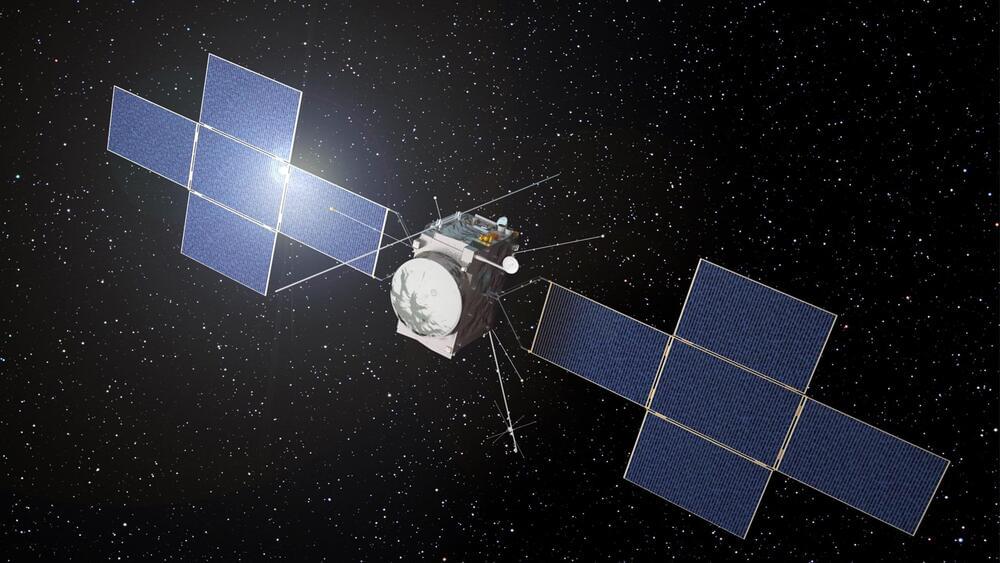
The initial step in the search for extraterrestrial life involves identifying the presence of liquid water. The moons of Saturn and Jupiter like Enceladus, Ganymede, Europa, and Callisto are suspected of holding oceans of liquid water beneath icy crusts. Similarly, some exoplanets beyond our solar system likely host liquid water, crucial for habitability. But detecting water, when we can’t physically access these celestial bodies, poses challenges. Ice-penetrating radar, a geophysical tool, has proven capable of detecting liquid water on Earth and beneath Mars ’ South polar cap.
Now, this instrument is aboard the JUICE spacecraft and it is on its way to Jupiter’s icy moon Ganymede and will also be aboard the Europa Clipper spacecraft, which will be launched to Europa later this year. What can we expect to learn from these missions and how can we use ice-penetrating radar for future planetary exploration? Dr Elena Pettinelli of Roma Tre University, with extensive experience in planetary exploration using ice-penetrating radar, delved into the utility of this technology in her presentation recently presented at the European Geosciences Union General Assembly EGU24.


















